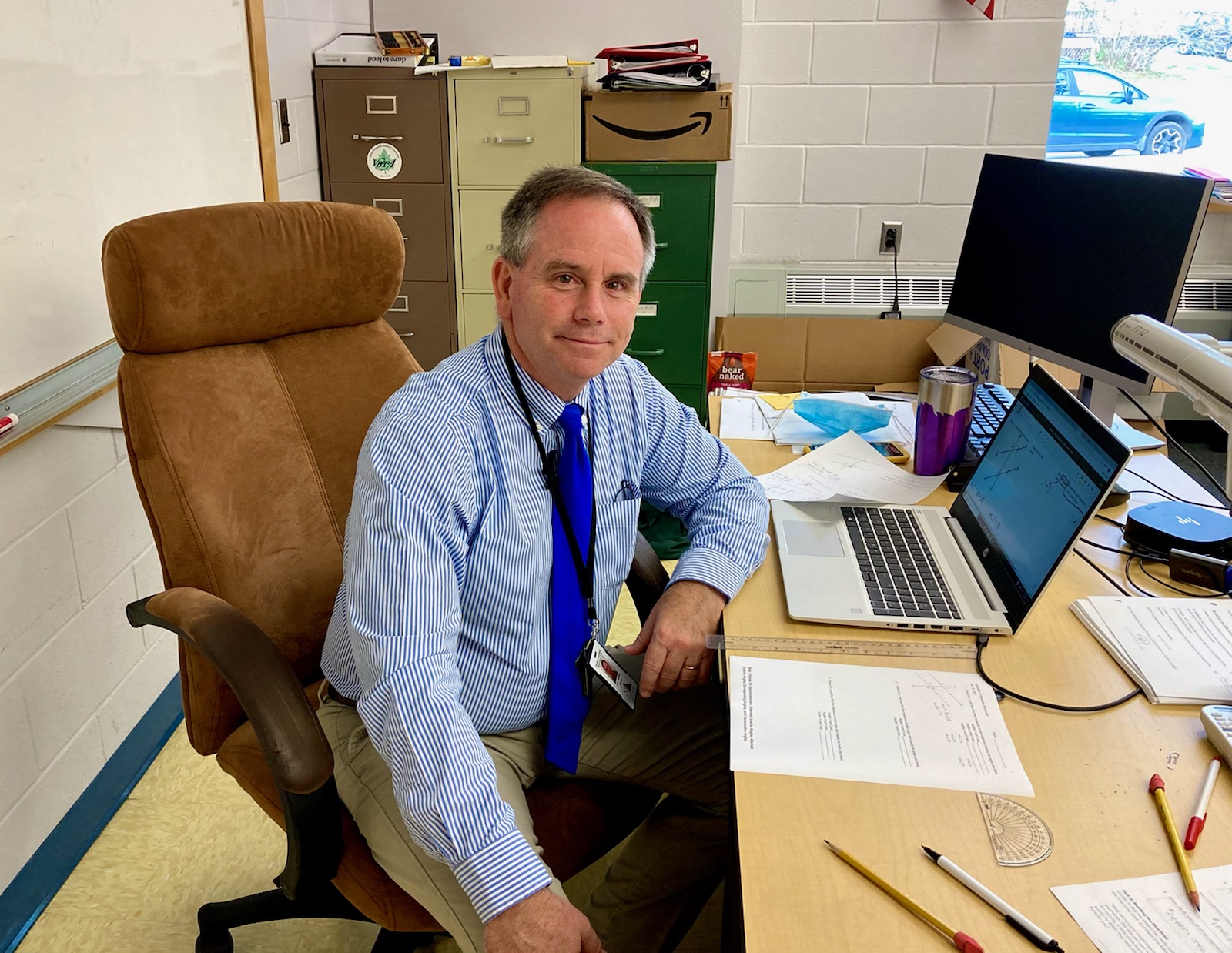Aviation
Program
Program Description
The WRCC Aviation Careers Program is designed to be a full two year program. Year one will provide an in-depth introduction to the world of aviation and to the skills needed for success in this ever growing career field. Year two, will prepare each student for either (1) the FAA written examination for a private pilots license or (2) the FAA written exam to become a licensed drone operator (depending upon the track chosen in year 2 of the program). Qualified applicants for this program must have an interest in aviation, but do not need to be committed to becoming a pilot. This program will serve well anyone with an interest in any aspect of the aviation career path.
What this program is not: This program will not lead to a private pilot's license. The time available for the completion of the current curriculum does not, in any way, provide the time needed to accumulate the minimum of 40 flight hours required for a private pilot's license. We do intend to provide some opportunities to experience time in the air, simply to become familiar with the flight environmnet. However, those opportunities will only be available if the time and resources are available.
Level I
The first semester of the course provides the foundation for advanced exploration in flying, aerospace engineering, and unmanned aircraft systems. Students will learn about engineering practices, problem-solving, and the innovations and technological developments in this growing field. This first semester provides the foundation for both pathways and gives students a clear understanding of career opportunities in aviation and aerospace and the critical issues affecting the industry.
In the second semester, students pursuing the Pilot and UAS tracks will look closely at the aircraft they may one day operate. They will gain an in-depth understanding of the forces of flight - lift, weight, thrust, and drag--including how to make key calculations. They will then touch on aircraft design, looking at stability, aircraft controls, and maneuvering flight. The course will focus on career skills related to these topics. This unit also covers aircraft flight manuals, required aircraft documents, and the factors that affect aircraft performance.
Level II
In the second year of the program, students will need to choose between a Pilot Course and a Drone Operator Course.
For more detailed information go to our Program of Study.
Job Outlook
By 2041, 602,000 new pilots and 610,000 technicians will be needed worldwide, according to Boeing's Pilot and Technical Outlook. Employment opportunitites include pilots, drone operators, mechanics, flight attendance, air traffic controllers, airfield managers, and more.

Your Instructor
Chris Hodsden
Before coming to WRCC, I worked for twenty-five years at the Bellows Falls Union High School as a math teacher, assistant principal, and principal. This is my first year at WRCC. After many years as a school administrator, I was eager to return to the math classroom, especially to work with Career Center students.